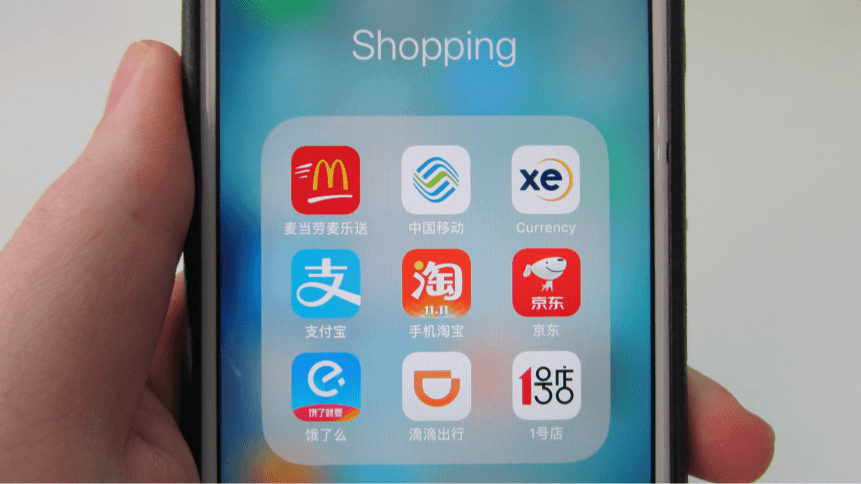Trump’s ban on Chinese apps may or may not be executed

- US President Donald Trump signed an executive order banning transactions with eight Chinese apps including Alipay, QQ Wallet, and WeChat Pay
- Trump’s new order is meant to take effect in 45 days after Joe Biden is sworn into office
The unceasing tech battle between the US and China over the past few years has done anything but subsided. The most recent executive order by US President Donald Trump, banning transactions with eight Chinese applications, is seen as a move to further escalate tensions with Beijing – this just over two weeks before President-elect Joe Biden takes office.
The order targets Ant Group’s Alipay as well as Tencent Holdings’ financial arm WeChat Pay and its QQ Wallet and messaging app QQ. Other apps on the blacklist include scanning app CamScanner, cross-platform sharing tool SHAREit, video-sharing app VMate, and Beijing Kingsoft Office Software’s WPS Office. If anything, the measures underscore Trump’s race to cut financial ties with China before leaving office.
With a new administration imminent, it’s not clear whether he plans to implement this order, which is meant to take effect in 45 days. The move, first reported by Reuters, is aimed at curbing the threat to Americans posed by Chinese applications, which have large user bases and access to sensitive data, a senior administration official told Reuters. The order argues that the US must take “aggressive action” against developers of Chinese software applications to protect national security.
If the order goes into effect, the US Commerce Department will be responsible for deciding which transactions are prohibited, or Biden could, however, revoke the order on the first day of his presidency. Be that as it may, the order would inevitably ratchet up tensions further between Washington and Beijing, which have been locked in a bitter dispute.
A similar ban took place five months ago against TikTok and WeChat, although that executive action has since stalled amid a series of legal challenges.
“By accessing personal electronic devices such as smartphones, tablets, and computers, Chinese connected software applications can access and capture vast swaths of information from users, including sensitive personally identifiable information and private information,” the executive order states.
YOU MIGHT LIKE

How Trump’s WeChat ban affects businesses in the US
Such data collection “would permit China to track the locations of federal employees and contractors, and build dossiers of personal information,” the document adds. However, according to a report by South China Morning Post citing an analyst, the direct financial impact on the targeted apps and their operators is likely to be limited due to uncertainties over the order’s implementation and the limited exposure of the apps to the US market.
In its prospectus, Ant revealed that Alipay had more than one billion users and 80 million merchants in China, but cited figures from research firm Sensor Tower showing that the app was only downloaded 207,000 times in the US last year from Apple’s App Store and Google Play. Meanwhile, Sensor Tower data showed Tencent’s QQ was downloaded 296,000 times from US app stores in 2020 compared with 40.7 million in China in the same year. Camscanner, the image scanner, was the most popular of the banned apps with 4.4 million US downloads last year.









